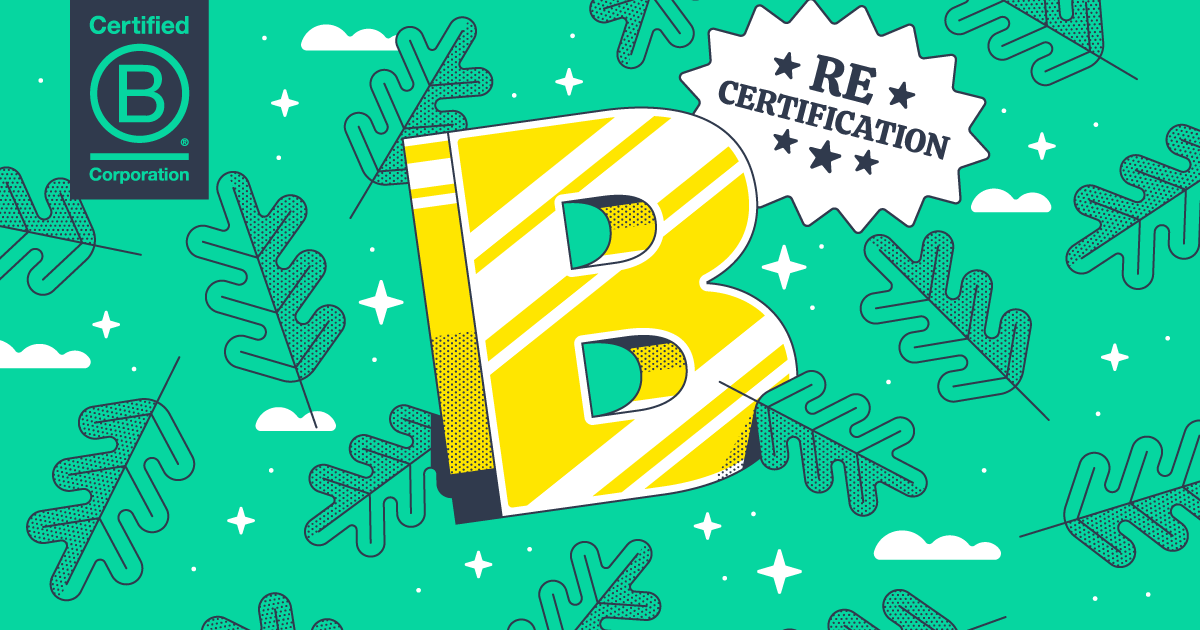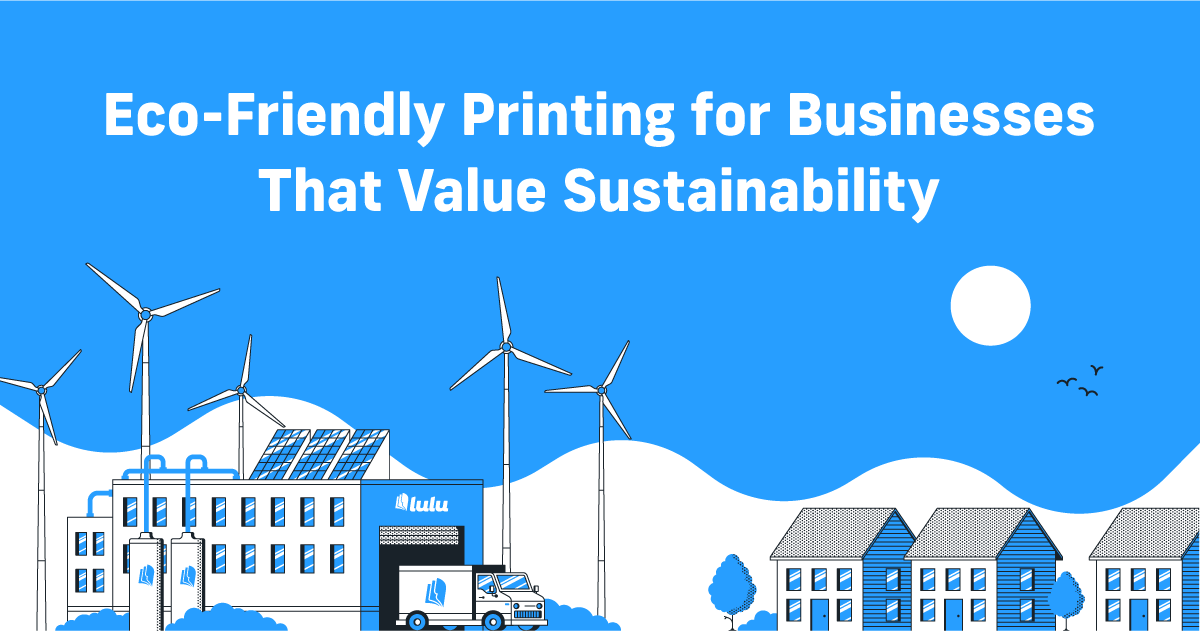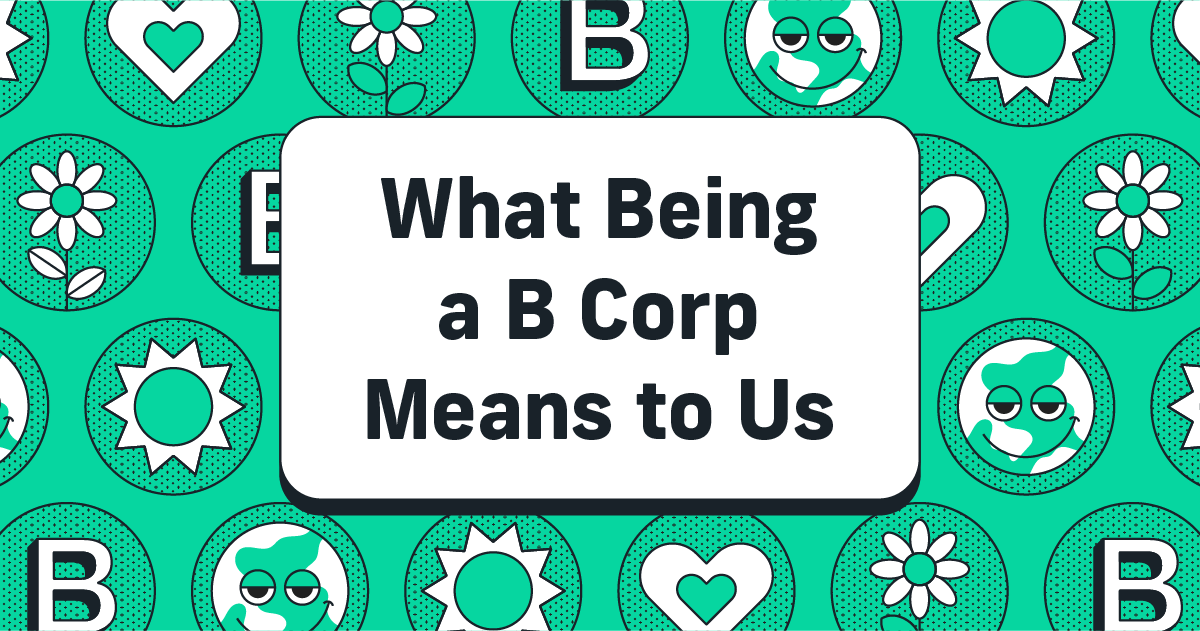3 Ways Lulu Makes the World a Better Place
It’s pretty trendy these days for businesses to tout their environmental and social efforts. Feel-good ad campaigns that feature lots of flowery imagery and extoll the company’s conscientiousness and caring for issues like the environment, employee well-being, or social justice. Businesses want to be seen as making the world a better place because it humanizes them.
Here at Lulu, we feel that it is too easy these days for a company to talk a lot about what they do. We’re more interested in doing things. We try to put our money where our mouth is.
At no time during the year is it more important to acknowledge the effort to make the world a better place than during April—Earth Month!
The catalyst for the modern environmental movement, Earth Day is April 22nd. Since 1970, this day has put out the message of conservation, environmental protection, and energy efficiency. Over the nearly four decades since Earth Day celebrations began, the event has significantly evolved, while the message has largely remained the same.
Modern Earth Day events include over 190 different countries around the world. Administered by the non-profit Earth Day Network, the day serves as a catalyst for action and a rallying point for all environmentalists around the globe. For example. The Earth Day Network was organized with the goal of ending plastic pollution in 2018. Lofty and probably impossible, but these kinds of goals give environmentalists a common cause to stand with each year.
Making the World a Better Place
Historically, Lulu has always looked for common-sense ways to do our business (printing and delivering books) in more efficient and environmentally conscious ways. Partly because we have a lot of employees passionate about sustaining the Earth, and partly because businesses are more profitable and efficient when they can make systemic improvements. And also because we want to help make the world a better place for everyone—by using sustainable production methods and helping share stories.
We treat every day like Earth Day. No need for a holiday around our offices to inspire someone to plant some flowers in the bed outside our door, or to volunteer at the local Goodwill, or to make choices that reduce waste and conserve energy. Lulu is committed to doing good for our users and our community. We live that commitment every day in our company policies and employee contributions.
Today, I’d like to look at 3 ways Lulu strives to make the world a better place:
#1 The Products
Making our product in the most efficient and clean methods possible has always been a priority for Lulu. This is nothing unique in the book printing world. Without monitoring efficiency, book printers would quickly struggle to keep the lights on. Luckily, when it comes to printing books, the products that make the best books also tend to be the most environmentally friendly.
We start with Acid-free paper. The benefit to the readers was our real reason for making this the standard for our printing. To ensure neutral or basic PH levels, the paper is made from cellulose fiber and infused in water. This process creates a paper impervious to the rigors of time. Remember, older books with brittle, yellowing pages? Not something modern printers have to concern themselves with.
Since the 1980s, Acid-free has been the standard for printing paper and Lulu is proud to use only Acid-free paper at all of our printers. Using this standard in archival paper isn’t a big leap for Lulu (in fact, most book printers will use this kind of paper), but it is one more way we strive for the best and most efficient products possible. Every small step, done consciously and with our goals in mind, helps make the world a better place.
Add to that our on-demand creation methods and you’ll see the lengths we go to make sure our products really exceed expectations for environmental consciousness sacrificing nothing in the way of quality. The biggest contribution print-on-demand makes to the environment is in what print-on-demand lacks: inventory.
Minimizing Emissions
Did you know that, according to the EPA, buildings account for 6% of total harmful carbon emissions? They estimate another 14% from transportation and 21% from industry in general. 6% may not seem like much, but in the effort to curb our carbon footprint, every percentage counts. By not maintaining an inventory, Lulu doesn’t just cut down on the cost of storing books, we literally eliminated it!
Transportation is another aspect of our products to consider. Imagine the life cycle of a traditionally published book:
- Printed at a print facility
- Trucked to a shortage location/hub
- Products shipped in smaller quantities to individual stores
- Customers drive to the store to purchase
- Unsold books are trucked to a storage location/hub
Even for a mass-produced book sold online, there is a similar cycle of transportation and storage at hub facilities, prior to the book being packed and shipped directly to the reader.
Now let’s imagine that chain for a print-on-demand book:
- Printed at a print facility
- Shipped directly to the reader
That’s it!
One estimate gives us an average of 4.11 lbs. of carbon emission for every mile a fleet vehicle (like a delivery truck) travels. By shortening our delivery chain, we are keeping those trucks off the road just a little, and for every mile we conserve, that’s less carbon released into the atmosphere.
We’ll never completely eliminate the supply chain, but we can do our best day after day to keep that chain short and clean. That’s why we source our products from sustainable manufacturers, we locate printers around the world to shorten travel times, and we never hold inventory in stock.
#2 Office of the Future
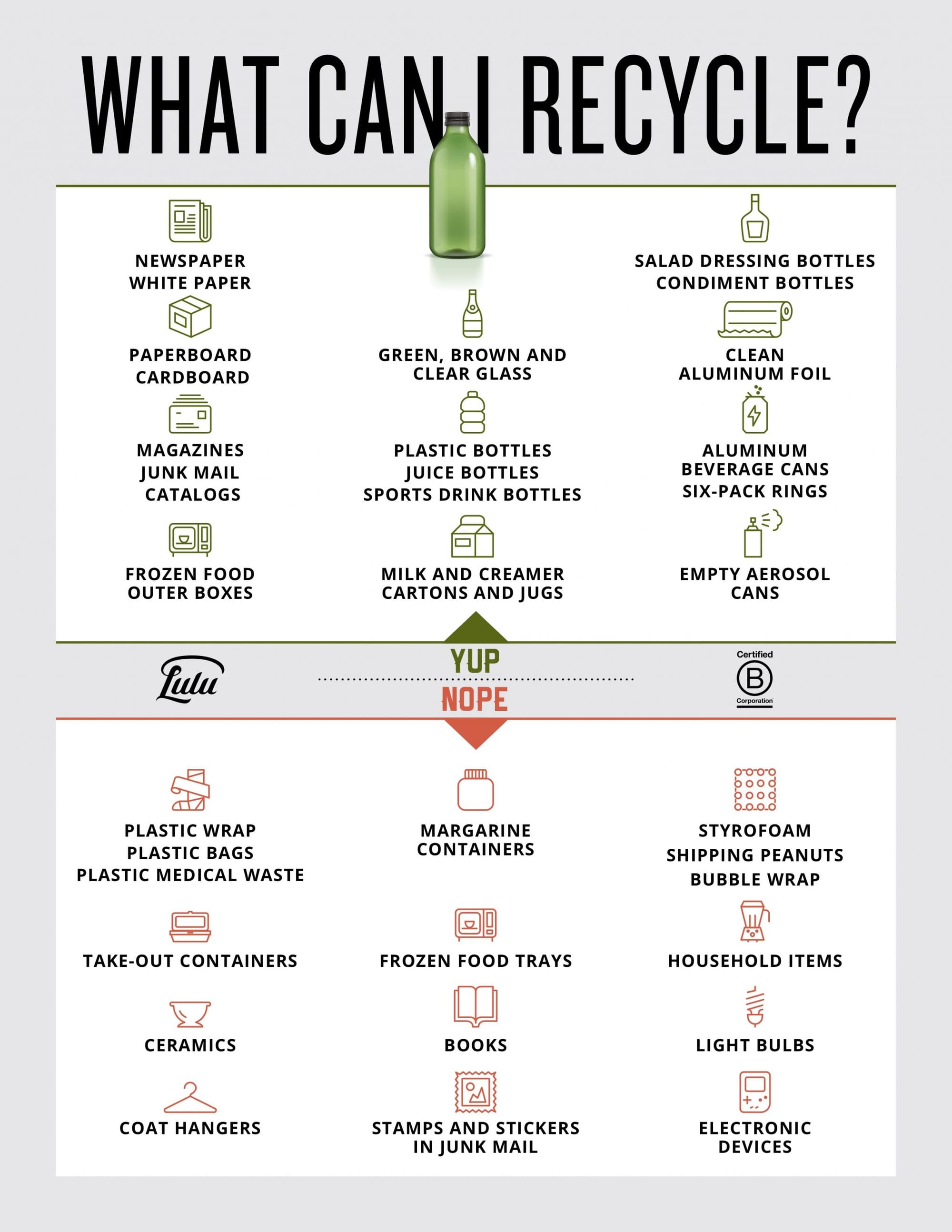
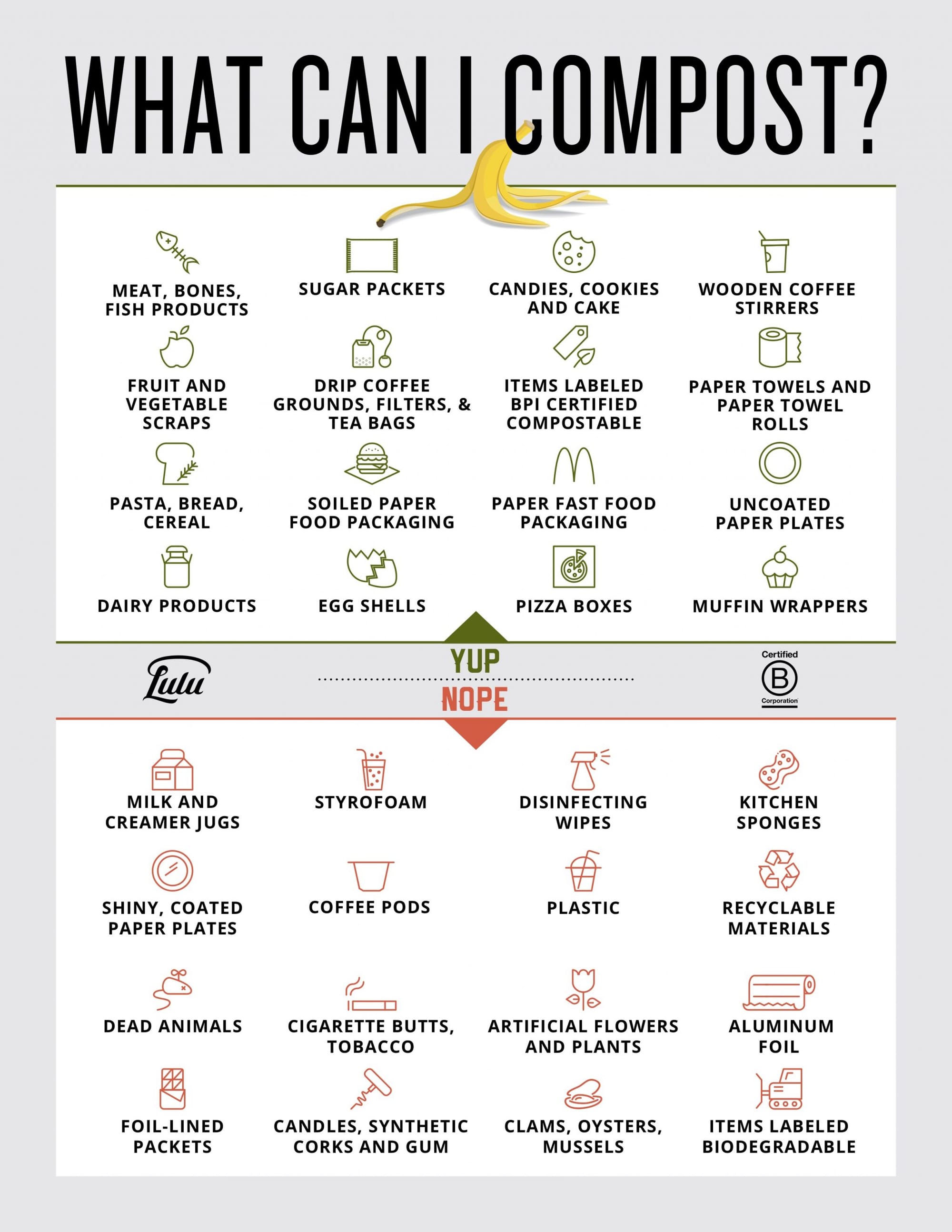
Lulu's quick guide to what can be recycled and what can be composted in our Office
The nature of Internet companies is such that there are often only two ways to impact the environment—our products and our office. We want to make our products the best they can be. And we want to ensure our office is a better place to work than any other office!
We carefully selected our location to keep commutes short, to conserve energy, and to promote an open and active office. All of these factors contribute to our continuing efforts to have a positive impact both locally and globally.
In our office, we have two main efforts underway to reduce our impact. The first is to utilize energy off-setting through a service called Arcadia Power. Using Arcadia, Lulu invests in wind energy to offset all of our electricity consumption with clean and renewable methods. I encourage everyone to consider using Arcadia or a similar service to offset some or all of their own energy use. The effort is small and can have a huge impact on your carbon footprint.
The other conservation method we employ is composting. In the Lulu offices, we hired a service call CompostNow to handle the actual composting for us. They bring in bins to add the compostable materials too and come around once a week to empty those bins. All the compost goes toward community garden projects. We even made so much there was extra for Lulu employees to use in their own gardens!
Composting isn’t as simple as dumping food scraps into a specific bin (though it can be!). We’ve completely rethought how we engage with our break room. Our disposable plates, bowls, cups, and flatware? All compostable. Coffee filters? Compostable.
We also wanted to better emphasize recycling, so we posted these awesome awareness cards so everyone knows exactly what goes into what bins.

Your Free Lulu Account
Create a Lulu Account today to print and publish your book for readers all around the world
#3 Be Good, B Corp
If you read Lulu’s blogs regularly, you’ve probably noticed me mention that Lulu is one of a small number of online publisher certified as a B Corp. We take this certification very seriously.
Being a member of B Corp does nothing on its own to impact our energy use or carbon footprint. B Corp is more of an idea, a mutual commitment to do better among a league of corporations. Becoming a B Corp is no easy task. In fact, it’s downright arduous. Their Impact Assessment measured us on a variety of scales, from our community impact to the energy we consume.
The Impact Assessment and B Corp status are important to us because they create a bar we now must maintain. And more than that, they allow us to measure our commitment and impact against nationally recognized metrics. We know how well we do regarding our ecological and social impact based on where we stand among other B Corps.
We rely on the B Corp badge to keep us honest—I could tell you all day long how much Lulu cares about nature and conservationism, but without some tangible and unbiased view to affirm it, our proclamations are just words. Now Lulu can proudly stand behind our statement that we deeply care about the world, the surrounding people, and the community we’re a part of. Our B Corp certification is our promise to our customers and our community to be a force for good, to always think about how we can do good even when we pursue profits, and to hold ourselves to those standards.
Eyes on the Earth
Earth Day is right around the corner (April 22nd) and we want to know how you’re striving to make the world a better place. Share your stories in the comments or on our social media!


